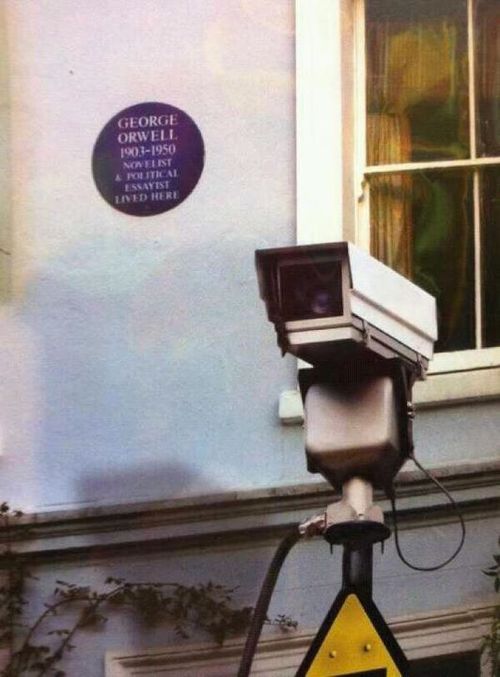Currently the UK government has proposed a bill to extensively update the law on law enforcement and security agencies access to communications data. This is a controversial piece of legislation, partly for political reasons as when in opposition the current government opposed similar proposals.
Hat tip to a privacy advocacy group:http://www.bigbrotherwatch.org.uk/ho...companies.html
Parliament has a committee taking evidence on the bill, which has led to some very strange exchanges between them and the industry (Google, yahoo, Skype, Tor and others). Try this passage:Link:http://www.parliament.uk/documents/j...nel%201%29.pdfIt is in the background brief. The Home Office states, “The Government is introducing legislation to ensure that communications data will continue to be available in the future as it has been in the past”. Another part says, “CEOP is already experiencing significant problems because of the difficulty of obtaining the same level of subscriber information for internet communications as is currently available for traditional telephony”. There is the problem. The key point is that our services cannot be made to look like telephony
Or the use by the Home Office (equiv. Dept. Interior & parts of DoJ) ofIt is rare to see a comparison like this, from an industry speaker:...this elusive 25%. If representatives from the Home Office were here today—and we asked them—they might say that telephony was not all on landlines or even on mobile phones but is now over the internet, and they might point at Skype or Tor as developments that have reduced their capability to capture and retain informationFrom:http://www.parliament.uk/documents/j...nel%202%29.pdfcriminals already have the capability to prevent law enforcement making useful use of communications data. Criminals have shown the capability, but human rights workers do not have the same capabilities that criminals have, so they will be put at risk by deep packet inspection and similar things that this Bill could introduce.
This blogsite also comments on such matters:http://www.spyblog.org.uk/






 Reply With Quote
Reply With Quote






Bookmarks